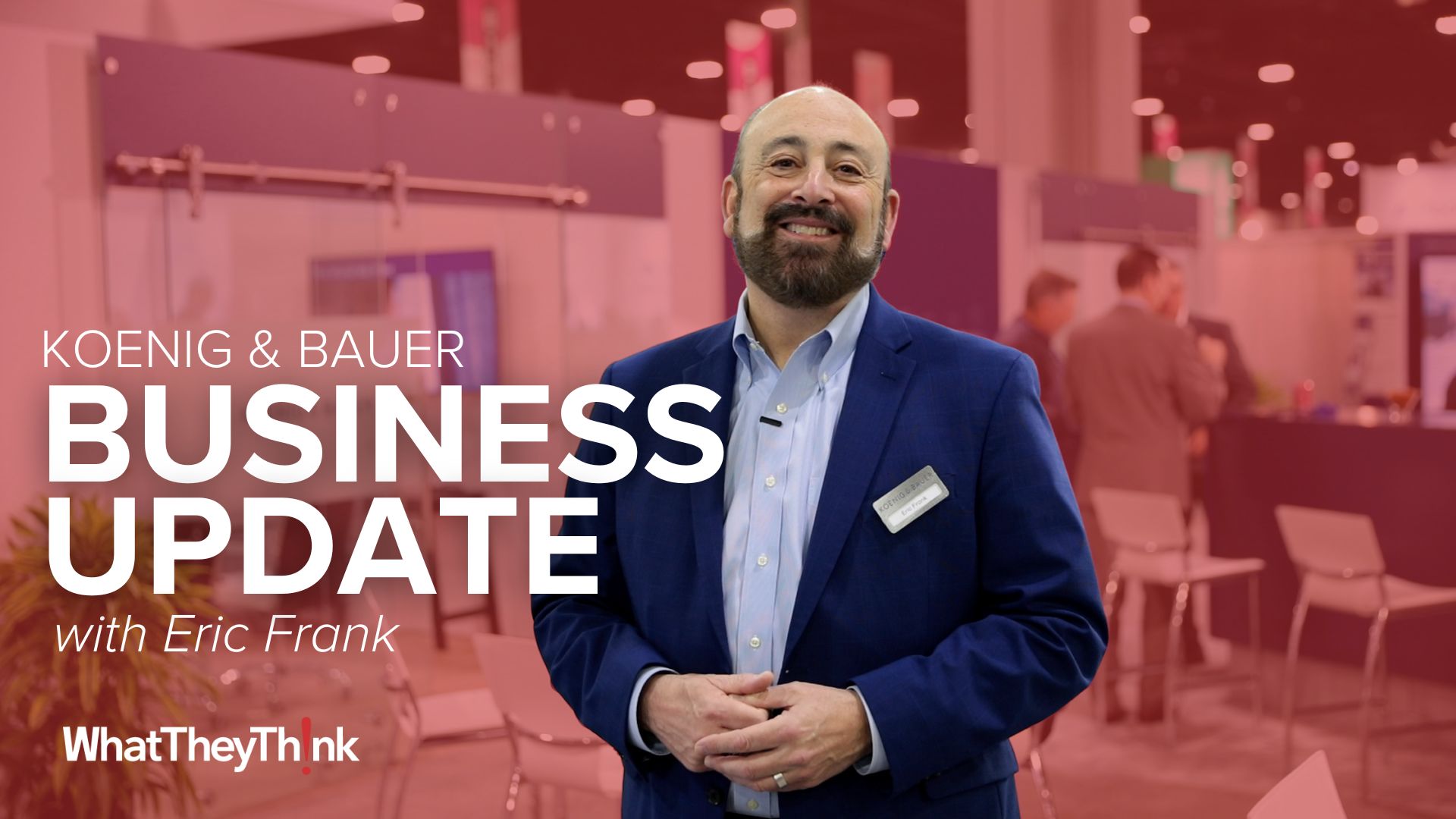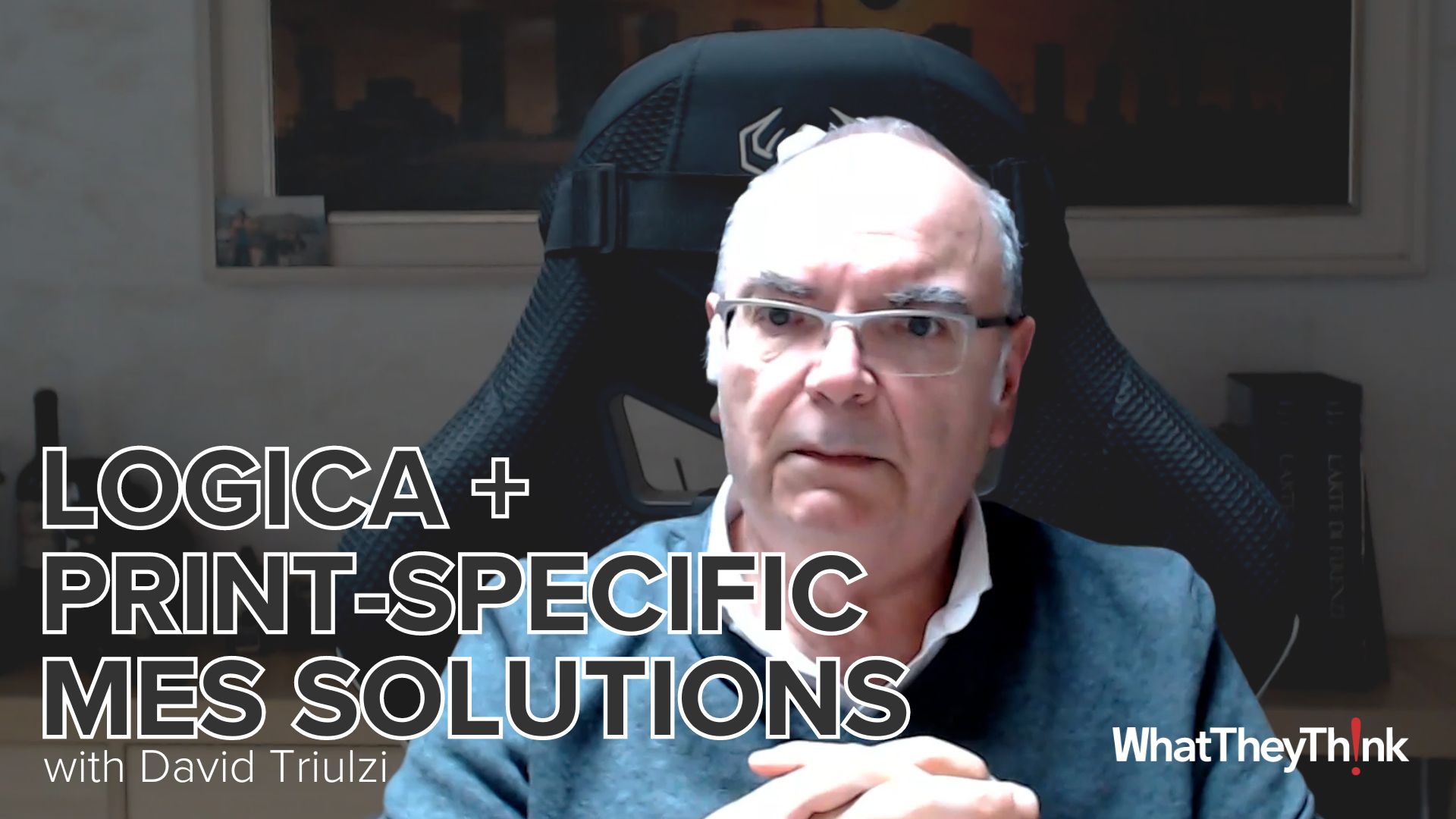Vancouver-area government print shop grows with Ryobi four-color offset press
Press release from the issuing company
Burnaby, British Columbia — The City of Burnaby’s In-Plant Print Shop reports strong business results with its newest offset press, the four-color RYOBI 524GE. Supervisor Nick Karanasos said it brings new marketing capabilities and services to city departments while helping reduce taxpayer spending on hundreds of print jobs annually.
The 375x520 mm (14x20 inch) press features an array of modern press technologies and runs up to 11,000 sheets per hour. The city took delivery of the press in late 2009, and it was the first placement of a Ryobi press in Canada by xpedx Canada. A short video of the press in full production is available on the BurnabyPrintshop Channel at youtube.com.
xpedx Canada is the master distributor for Ryobi printing presses nationwide. The City of Burnaby, located just east of downtown Vancouver, was named as the “Best Run City in Canada by Maclean’s magazine in 2009.
Karanasos and his team run a very efficient in-plant featuring traditional offset, digital and wide format printing with full bindery capabilities. Before its newest addition, its offset presses were older single and two-color models.
“We did a lot of four-color work on our single and two-color presses—and you can produce quality print that way,” Karanasos said. “But you quickly hit a ceiling where throughput really bogs down and it’s just not efficient from a total cost perspective.”
When Karanasos and his superiors decided to retire the two-color Ryobi and another German press for the new Ryobi 4-color press, the RFPs were issued. By law, no manufacturer could be favored—even though Karanasos had more than 30 years of experience running Ryobi presses and found them low cost to maintain and “bulletproof on the electronics and mechanicals.”
All top Japanese and German pressmakers were represented in the bid responses. Each vendor’s model was carefully evaluated against various aspects including ergonomics, footprint, quality, productivity, current and lifetime cost. For some presses, the purchase price and annual maintenance costs were just too high. For others, the presses lacked productivity and key quality control features—they could only be added at substantial extra spending.
After nearly a year of evaluation, including discussions and visits with other press owners, Karanasos and his team selected the RYOBI 524GE. It came equipped with important features the other machines could not offer, or offered at a high additional cost.
The press, fully integrated into the city’s print MIS system, features a computerized work console with computerized ink controls, semi-automatic plate loaders, automatic blanket cleaning, auto ink roller cleaning devices, an IR drier and more. A Mitsubishi DPX2 poly platemaker is used, providing fast, precise and cost-efficient platemaking.
The Ryobi press has enabled the city print shop to greatly expand its offering, service, turnaround times and competitiveness versus outside providers. Turnaround is often same-day and proof checks are literally down the hall. The in-plant also does work for the RCMP, Library, Fire Department and other city related agencies.
“We’re able to meet strict deadlines on long press runs,” explained Karanasos. “For one of our departments, we did a 4-over-4 job with 80,000 pieces in just two days—at a very low cost per piece. It was price competitive with outside shops. Before, there was no way we could touch that kind of job.”
In addition, a chunk of work that had been done on digital production equipment is now migrating to the Ryobi, where the breakpoint on a press run is about 300 pieces. He noted that a six-year contract for digital presses could run anywhere from $600,000 to $1 million, plus significant ongoing maintenance costs. “Our Ryobi press costs well under that range—and we can allocate our funding over 15 years. That’s a strong value for our taxpayers,” he said.
Maintenance costs for his older Ryobi presses—and the new RYOBI 524—are low. “If you maintain the machines properly by following Ryobi’s guidelines and common sense, they simply do not fail.”
Another benefit of the new press: its automation and ease of operation allows just one press operator to handle most jobs. “We have been able to offer a much greater variety of print and substantially increase our total capacity with the same staff,” Karanasos said.
Since the install, customers have embraced moving to four-color printing because it better reflects the marketing and visual identity for the City of Burnaby today. “It’s very satisfying having our customers tell us the value they’re getting for the city’s print dollar is as strong as it’s ever been,” Karanasos also noted. “They like the print quality, the quick turnarounds—and they really appreciate the affordable pricing.”
The press was sold by Winnipeg-based Canadian Printing Equipment, Ltd., which distributes and services Ryobi for xpedx Canada across Western Canada.
The RYOBI 520 series presses are available in two-, four-, five- and six-color models. They feature CIP4-JDF compliant MIS systems, spectrophotometry, automatic plate changers, auto-cleaning devices and more. The presses can accommodate thin to specialty board stocks. Options include Ryobi’s LED-UV curing technology, which delivers significant energy savings and reduces environmental impact.
xpedx Canada is the exclusive marketer and distributor for Ryobi Graphic Systems multicolor offset printing presses, including the RYOBI 520, 6-up RYOBI 750 and 780 series presses and the 8-up RYOBI 920 series press. Ryobi also offers the RYOBI 3300 series 11”x17” presses in 2 and 4 colors.
- Inkjet Integrator Profiles: DJM
- Spring Inkjet Update – Webinar
- Security Ink Technologies for Anti-Counterfeiting Measures
- Komori unveils B2 UV Inkjet
- Keeping Nozzles Fresh with Flow
- Komori to Unveil the J-throne 29 Next Generation Digital Press at drupa 2024
- Inkjet drives convergence of transactional and graphic arts applications
- The Inevitability of Technology Shifts and How to Communicate with Credibility

WhatTheyThink is the official show daily media partner of drupa 2024. More info about drupa programs
© 2024 WhatTheyThink. All Rights Reserved.









Discussion
Join the discussion Sign In or Become a Member, doing so is simple and free